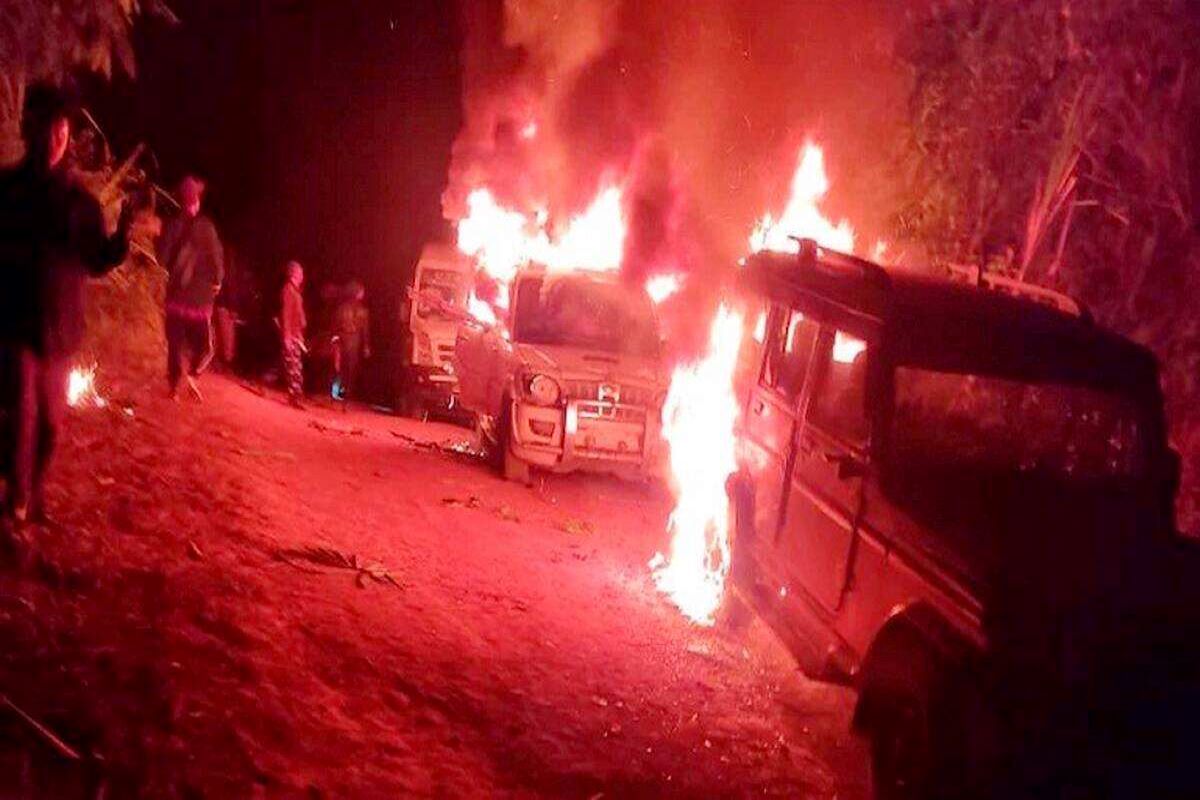Does human life matter less in India’s so-called periphery? Would the political bureaucratic establishment have got away with an expression of ‘regret’ if the 13 civilians who were shot dead earlier this week in Mon, Nagaland, had been residents of New Delhi?
It is tragic that such questions have to be asked, but asked they must be given the business-as-usual approach of the establishment in the wake of the botched army anti-terror operation based on abysmal intelligence in which six innocents were gunned down due to ‘mistaken identity’ and seven protestors were killed in firing by the forces in self-defence when set upon by local residents (during which clash a soldier too lost his life).
The trauma of those who have lost loved ones will not be assuaged by going on endlessly about the incident but changes in anti-insurgency protocols are imperative to ensure such incidents are not repeated. The withdrawal of the Armed Forces Special Powers Act (AFSPA) has been a longstanding demand of the Nagas, as it has been of other citizens of India’s North-Eastern states. It is time for it to go. But it must be accompanied by the withdrawal of the Indian Army ~ raised and trained to fight external enemies, to shoot to kill ~ which has been deployed for internal security duties in the ‘disturbed areas’ of the NorthEast for far too long.
Bringing in the army was meant to be a temporary measure and there was perhaps some justification, at a stretch, for its deployment in the 1980s and early 1990s when violent, state-seeking separatist movements were at their peak in the region including in Nagaland. The Indian state, it has been argued, had no option given Central Police Organisations (CPOs) were ill-equipped to deal with armed insurgencies. But four decades have passed and peace deals have either been signed or are in the final stages of being negotiated such as the one between the Naga insurgents and the Government of India.
The proposition is clear: The army cannot and must not be deployed to fight citizens. If it is, then the protection afforded to its personnel by the AFSPA is essential. But it is unacceptable. Ergo, maintaining law and order and fighting the remnants of the insurgencies in the North-East must be the job of a state paramilitary force raised, trained, and equipped for the purpose. Such a fighting force, charged with winning hearts and minds too, would necessarily have to be recruited largely from the region where it is to be deployed. But these are solutions for the longer term.
The immediate need is to make sure those who have erred do not get a free pass. The officers and men who generated the information which was passed off as actionable intelligence in Mon must be held to account. Ditto, those who acted upon it, prima facie precipitately. The quality of the women and men who protect us matters. It is a matter of life and death.











